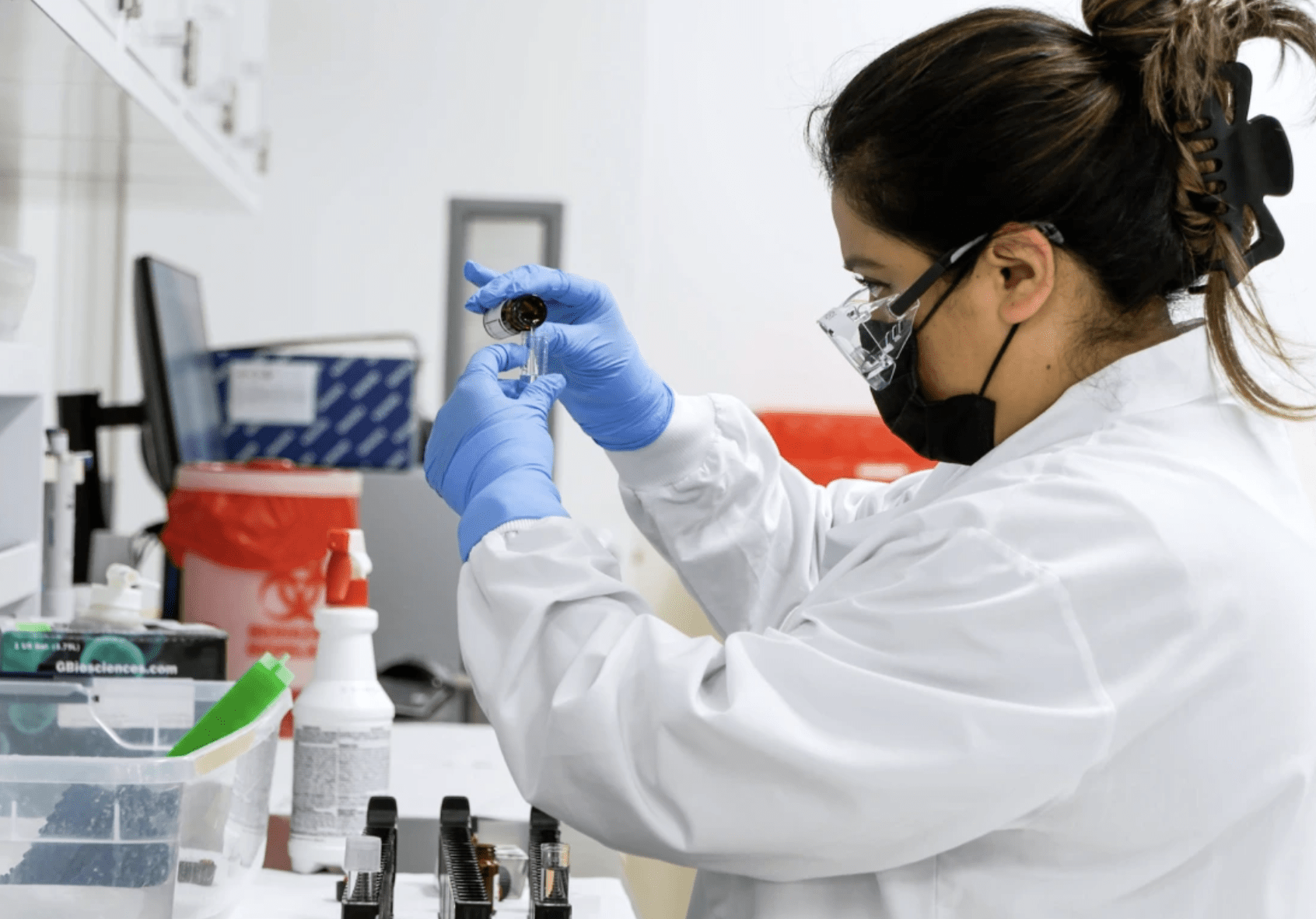NBC NEWS – The first blood test to screen for colorectal cancer could be approved this year — raising the potential to drastically increase the number of people diagnosed with the second-highest cause of cancer death in the United States.
The test would not replace the gold-standard colonoscopy, experts said, but could boost the dismal rate of colorectal screenings with a less invasive and perhaps more palatable way to detect colon cancer.
“We need to find tests that people are going to use.”
Colonoscopies and “stool-based tests have that kind of ‘ick’ factor related to them,” said Dr. William Grady, a gastroenterologist at Fred Hutchinson Cancer Center in Seattle. “We need to find tests that people are going to use.”
Grady led the new research published Wednesday in the New England Journal of Medicine that found that a blood test called Shield from California-based Guardant Health was, overall, 83% effective in finding colorectal cancers.
That’s significant, said outside experts.
“We’ve been anticipating and waiting excitedly for a blood-based test for colon cancer,” said Dr. Aasma Shaukat, a gastroenterologist at NYU Langone Health. It’s been “a long time coming.”
In two early trials, blood cancer treatment appears promising for deadly brain tumor
Barriers to colon cancer screening
Colonoscopy is, by far, the most accurate and earliest way to detect cancers of the colon and rectum, as well as spots that may become cancer in the future. During the procedure, doctors go into the rectum with cameras in search of tumors and lesions that have the potential to become tumors if left alone.
Colon cancer screening is generally recommended starting at age 45, but less than 60% of people who are eligible are up to date.



